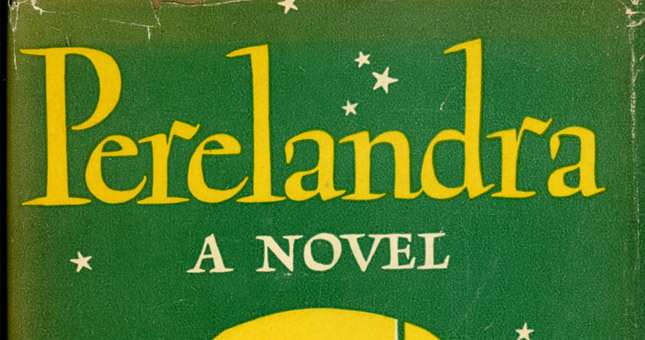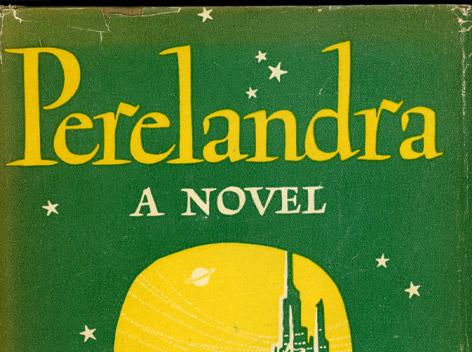
Preferring Perelandra
To talk with Jim Packer was quickly to discover that he was a lover of words, spoken in sentences so clear we could almost see the punctuation. Conversations with him are easy to remember. On my very first one (forty years ago, as I was joining the Regent faculty), in his old office in the frat house, surrounded by books, almost immediately we were talking about fiction and poetry. Very quickly we discovered a shared admiration for that lesser-know Inkling, Charles Williams. From there we went to the poet, Gerard Manley Hopkins, another master of words.
Jim didn’t read fiction as theology, but the fiction he liked best had a solid theological framework. He shared with me the supervision of Julie Lane Gay’s fine thesis on Flannery O’Connor. Though he may not have fully understood Southern American Christianity (who does?), he clearly saw the reason for O’Connor’s violence, irony and grotesqueness: “For the almost blind you draw large and startling figures,” said O’Connor.[1] She viewed southern fundamentalism from the perspective of Catholic orthodoxy, a perspective which Jim understood well. Thus he delighted in O’Connor’s fiction.
He had unusual insight into the depths and complexities of human character, so he was a defender of Romanticism in both literature and music. Jim’s love of the German composer Wagner (which we also shared) surprised many. In the music of the Romantics, he said, we can hear those things which the Gospel promises as “infinitely more than we can ask or imagine.”[2] But he was by no means uncritical about these reaches for the infinite. He loved Austrian Bruckner’s soaring glimpses of heaven but detested Mahler, perhaps because Mahler’s equally soaring glimpses of the transcendent were usually undercut by irony and a fondness for Nietzsche.
Jim was a great admirer of that Christian Romantic C.S. Lewis. “All his arguments are pictures,” he often said, “and all his pictures are arguments.”[3] But again, his admiration was not uncritical. We disagreed about Lewis’s fiction. He found Perelandra a sublime blending of theology and fantasy. I do too, but I think its complicated sequel, That Hideous Strength, is even better. Jim thought the sequel was cluttered and grotesque, far too influenced by the worst tendencies of Charles Williams.
Jim’s Christian Romanticism showed up, surprisingly, in one of his greatest literary loves: detective stories. Many years ago he wrote an editorial for Christianity Today called “Tecs, Thrillers, and Westerns” in which he describes a meeting of senior editors confessing to a taste for “light” reading (he admits to reading his first Agatha Christie at age seven).[4] First of all, Jim wrote, such stories are fun. But he defends their deeper goodness. Murder mysteries, along with westerns and thrillers, he says, “while not great literature, are among the most moral fiction of our time. Goodies and baddies are distinguished, and killers always get it in the end.”[5] Such stories, he argues, are “Christian fairy tales…of a kind that never would have existed without the Christian Gospel.”[6] He clinches his case by drawing on another Inkling, J.R.R. Tolkien, who, in his own defense of fairy tales, speaks of “eucatastrophe—whereby things come right after seeming to go irrevocably wrong…villains are foiled…justice is done, and the ending is happy.”[7]
Jim loved literature, as he loved theology, but ultimately he saw them both as part of coming to know the God who has given us the privilege of living in such an inexhaustibly rich world. That’s why conversations with Jim—about books, or anything else—were always memorable.
[1] Flannery O’Connor, “The Fiction Writer and His Country,” in Mystery and Manners (New York: Farrar, Strauss and Giroux, 1983), 34.
[2] Ephesians 3:20 ESV
[3] Informal conversations with J.I. Packer.
[4] J.I. Packer, “Tecs, Thrillers and Westerns,” Christianity Today, (Carol Stream, IL: 1985), 12.
[5] Packer, “ Tecs,” 12.
[6]Ibid.
[7]Ibid.


